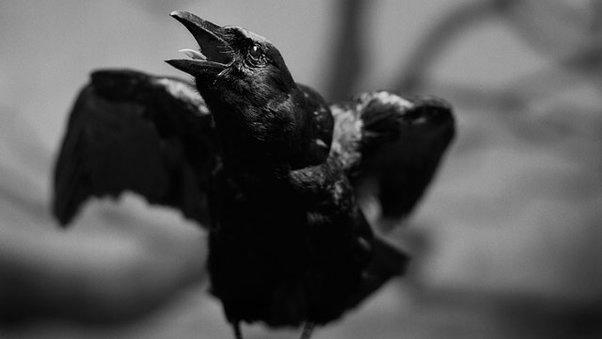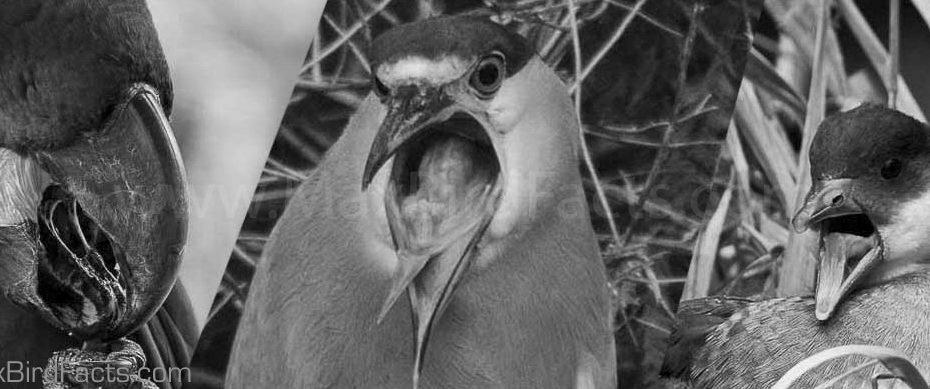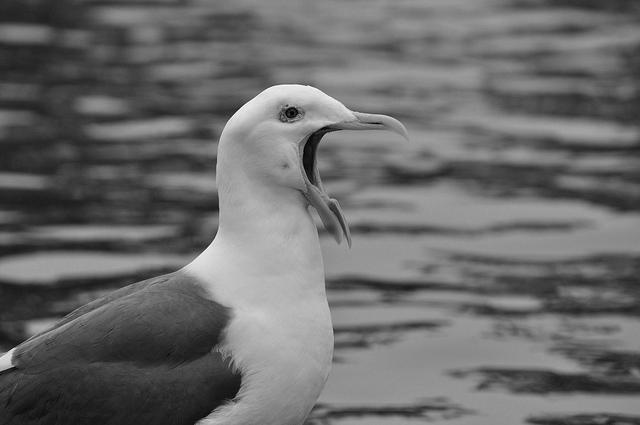The first question many people ask is: Do crows have tongues? It’s an interesting question that’s not easy to answer, but one that’s well worth asking. It’s hard to say for sure, but it is certainly possible that crows have tongues. While a crow’s tongue isn’t the most impressive, it is quite functional and plays a vital role in keeping them alive.

Some researchers believe that crows do have tongues, and if you find a crow with it, you can train it to speak. These animals are quite smart and can remember human faces. You can teach a captive bird to talk by using a jar of treats, but that can be dangerous for the bird. Fortunately, if you’re not sure whether your crow has a tongue, you can ask a veterinarian about your bird.

Crows are able to sex each other. A trained vet can sex a crow by analyzing the blood of the sex and comparing it to the mate. In addition to size, male crows have more rounded heads and are bigger than female crows. A sex-related knocking call is also common among crows on a nest, but it is not known if the call is female-specific.

While the two sexes look similar, male crows are larger. While females are smaller, they are identical in size. They both have large snouts, but males are much bigger. In addition, the tongue is smaller than a female’s. Then, a crow on the nest may make a knocking noise that is said to be a male-specific call.
The only way to test a crow’s gender is to observe it in the wild. A crow’s sex will be evident during breeding season. The female will be smaller than the male. The male will be larger than the female. It will be easier for the male to reach sexual maturity once it has the chance. During breeding season, a crow will also start displaying signs of sex. A sex-aware crow will be much more likely to remember the face of the person it encounters.
The main method to determine a crow’s sex is to try and sex it manually. This is a very difficult process and requires a skilled veterinarian to do. It is best to have a crow that has been sexted before releasing it. When it is a female, she will be larger and the male will be larger than the female. If she lays a male, she will lay eggs in her tummy and the thigh of the mother.
Although crows and ravens both have tongues, the two species have different types. Ravens don’t have an external penis, unlike crows. Instead, they have an internal cloaca that is used for reproduction. In the same way, the sex between a crow and a duck involves rubbing their cloaca together for a few seconds, and sperm transfers from the male to the female during this time.
